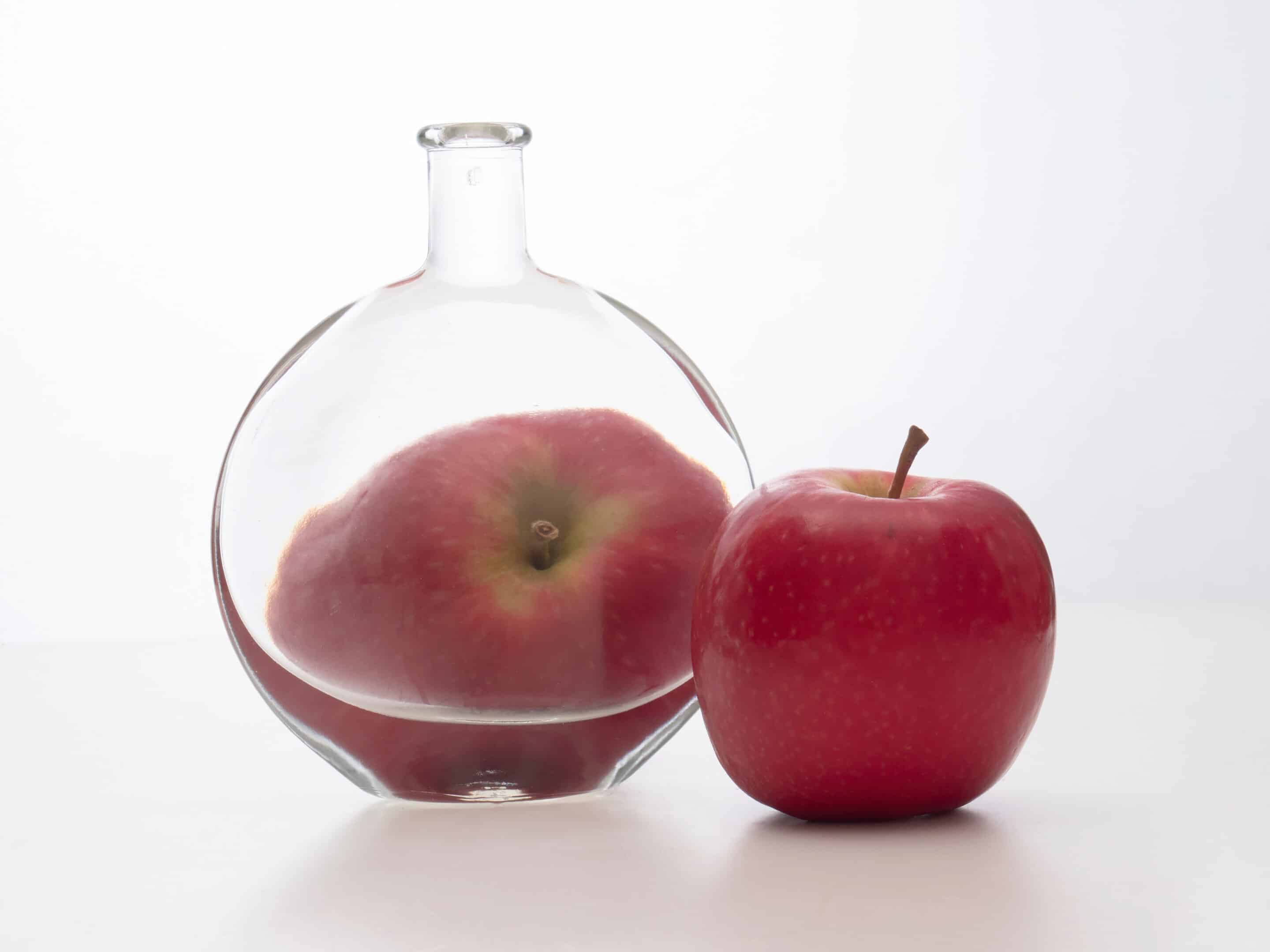It’s not uncommon to consume a few drinks before a social event or while out with friends to help you feel more relaxed and to help take your mind off problems and issues. In some circumstances, alcohol can act as a stimulant to make you feel talkative and happy. However, alcohol is classified as a depressant, which disrupts the balance of serotonin and other feel-good chemicals in the brain. If you drink too much, you may end up feeling more subconscious than you were before.
What is Body Dysmorphic Disorder
Body Dysmorphic Disorder (BDD) is a mental health condition where an individual obsesses over something about their appearance they don’t like. This can be something small that no one else notices or a larger imperfection, for example a crooked smile or a large nose. Someone with BDD has negative thoughts about the flaws and may even spend hours each day fretting over their appearance, even when family and friends tell them they look fine.
BDD is most likely caused by peer abuse at a very young age or at the beginning of puberty. Approximately one in every 100 individuals struggles with the illness. Other factors that may contribute to BDD include a family history of mental disorders and an individual’s personality type.
In severe cases of BDD, an individual may isolate themselves from others to prevent others from seeing their flaws. Feelings of shame and self-consciousness may also cause them to miss work or school.
Can Substance Abuse Cause Body Dysmorphic Disorder?
Studies have shown that nearly half of all individuals with BDD struggle with some form of substance abuse, including alcoholism, but no evidence suggests alcoholism or other addictions cause BDD.
Can Alcohol Use Relieve Symptoms of Body Dysmorphic Disorder?
Alcohol use is commonly used to provide short-term relief from depression and anxiety. While it may seem to provide temporary relief, alcoholism worsens most mental health conditions and can lead to the development of other insecurities.
Individuals who abuse alcohol are nearly four times more likely to experience a major depressive disorder.
Treatment Options
Fortunately, for someone with BDD, there are treatment options available. This may include cognitive behavior therapy (CBT) or antidepressants. Sometimes a combination of the two is used for best results. Someone with alcoholism may be more difficult to treat because they will first need to go through alcohol detox and recover from the addiction before being effectively treated for depression and BDD.
At Hickory Treatment Centers, we can provide you with the help you need to recover from alcohol and drug addiction. Our residential programs deliver results. For more information on what we have to offer, contact one of our caring staff members 24/7.


